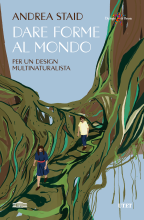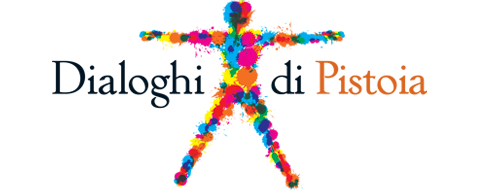On the limits of culture
€ 3.00Human beings are shaped by the cultures to which they belong. In the history of mankind, culture has proven to be an extraordinary instrument of evolution, but what are its limits? To what extent can human beings transform biology and, more generally, the environment they live in? As far back as the myth of Prometheus, we were alerted to the risks of hubris, the “arrogance” of technique, a question still highly topical today, for example in relation to genetic technologies. What considerations should we now be making about the limits in our own and in other societies? In fact, the “Anthropocene” concept, discussed by scientists and humanities’ scholars, emphasises that the creative powers of human culture are so strong (and so dangerous) that they interfere in the “laws” regulating the life of our planet, to the point where they can even alter its climate. Is it time to curb man’s ability to shape the world?
Video
Adriano Favole is deputy director for Research at the Department for Culture, Politics and Society at the University of Turin and teaches Cultural Anthropology, Culture and Power. He has lectured at the Universities of Milan, Genoa and Bologna and in New Caledonia. He has travelled and conducted research in Futuna (western Polynesia), New Caledonia, Vanuatu, Australia and in La Réunion (Indian Ocean). His main areas of study are political anthropology, anthropology of the body and anthropology of heritage. He writes regularly for the newspaper Corriere della Sera’s cultural insert, La lettura. His publications include: La palma del potere (Il Segnalibro, 2000); Isole nella corrente (La ricerca folklorica, Grafo, 2007); Resti di umanità. Vita sociale del corpo dopo la morte (2003); Oceania. Isole di creativity culturale (2010) and La bussola dell’antropologo (2015), both published by Laterza; Vie di fuga. Otto passi per uscire dalla propria cultura (UTET, Dialoghi sull’uomo, 2018).
Adriano Favole & i Dialoghi
2018
2017
2016
2015
2013
2011
2019
2017
2014
Il programma sarà disponibile a breve...


